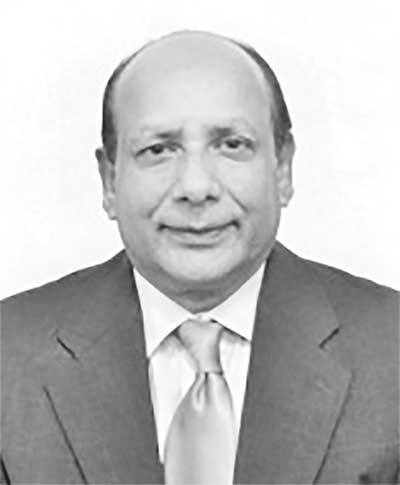Editor : Iqbal Sobhan Chowdhury
Published by the Editor on behalf of the Observer Ltd. from Globe Printers, 24/A, New Eskaton Road, Ramna, Dhaka.
Editorial, News and Commercial Offices : Aziz Bhaban (2nd floor), 93, Motijheel C/A, Dhaka-1000.
Phone: PABX- 41053001-06; Online: 41053014; Advertisement: 41053012.
E-mail: info©dailyobserverbd.com, news©dailyobserverbd.com, advertisement©dailyobserverbd.com, For Online Edition: mailobserverbd©gmail.com
